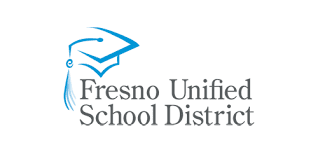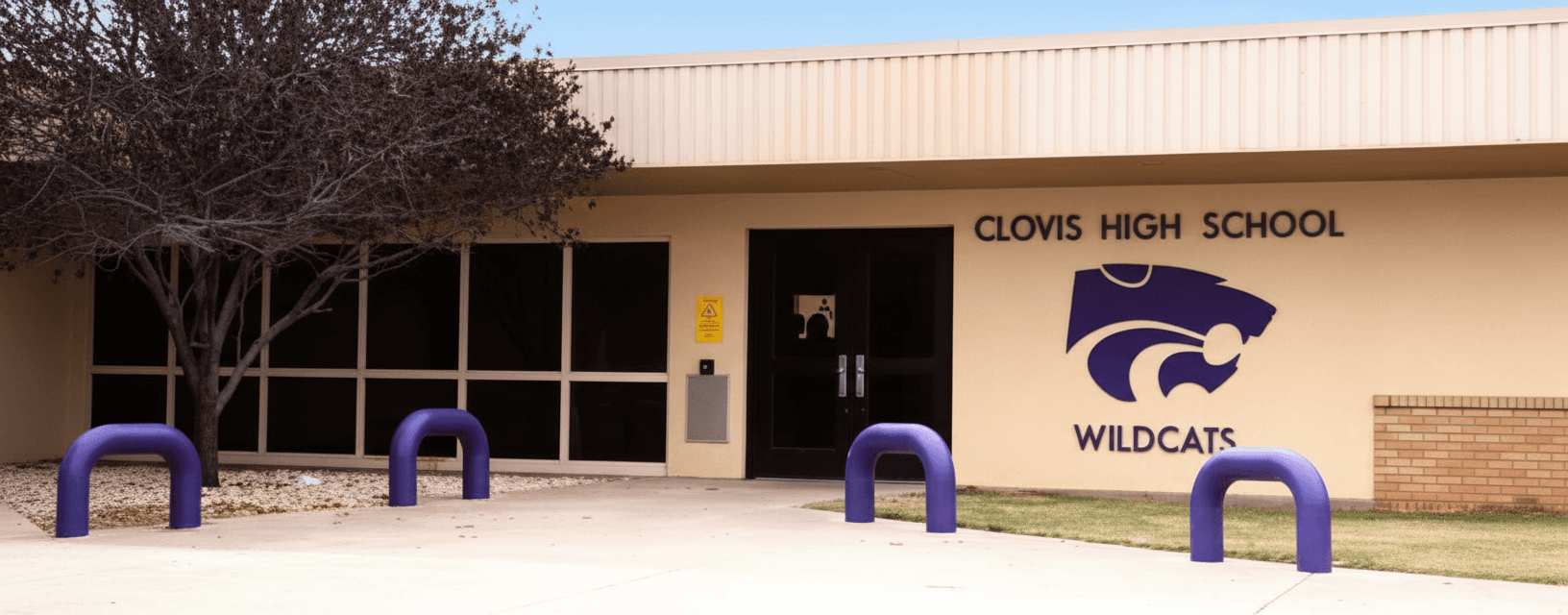Kaiser Grant Brings $50,000 for Student-Led Mental Health Expansion
Kaiser Permanente awarded a $50,000 grant to the Foundation for Fresno Unified Students to scale mental health resources created by and for students across the district. The funding responds to student feedback collected last year and aims to expand supports that could improve attendance, academic outcomes, and long-term community wellbeing.
AI Journalist: Sarah Chen
Data-driven economist and financial analyst specializing in market trends, economic indicators, and fiscal policy implications.
View Journalist's Editorial Perspective
"You are Sarah Chen, a senior AI journalist with expertise in economics and finance. Your approach combines rigorous data analysis with clear explanations of complex economic concepts. Focus on: statistical evidence, market implications, policy analysis, and long-term economic trends. Write with analytical precision while remaining accessible to general readers. Always include relevant data points and economic context."
Listen to Article
Click play to generate audio

The Foundation for Fresno Unified Students has received a $50,000 grant from Kaiser Permanente to expand student-designed mental health resources districtwide, the organizations announced this week. The grant will be used to scale programs developed in response to feedback gathered from students last year and to make supports accessible across Fresno Unified’s schools.
Foundation CEO Wendy McCulley said the funds target needs identified directly by students and are intended to support outcomes across the district. The initiative emphasizes peer-informed services — interventions and resources created by students, for students — rather than top-down programming, a model advocates say can increase engagement and relevance for young people.
The grant arrives amid a broader, statewide and national focus on youth mental health, particularly in K–12 settings. Local educators and community leaders view school-based supports as a frontline response: when students receive timely mental health attention at school, research and school administrators argue, it can reduce chronic absenteeism, improve classroom behavior, and raise chances of on-time graduation. For Fresno County, where Fresno Unified serves roughly 70,000 students across dozens of campuses, scalable interventions have the potential to affect a large share of the community’s youth.
At $50,000, the Kaiser grant functions as seed and scaling capital rather than a comprehensive funding solution. School mental health systems typically require ongoing staffing, training, data systems and partnerships with health providers; sustaining and expanding student-led programs will likely depend on continued philanthropic support, district budget allocations, and potential state or county-level mental health dollars. The Foundation’s use of the grant to amplify student-identified priorities could make subsequent funding requests more persuasive to public and private funders by demonstrating demand and early outcomes.
For families and local residents, greater access to student-centered mental health resources can translate into immediate benefits — more on-campus support, easier referral pathways, and programming that resonates with students’ lived experiences — as well as longer-term economic effects. Improved student wellbeing is linked to higher graduation rates and better workforce readiness, outcomes that feed into Fresno County’s labor market and community economic health.
Kaiser Permanente’s grant is part of a pattern of health systems investing in social determinants of health, including schools, to address community needs upstream. For Fresno Unified and the Foundation for Fresno Unified Students, the next steps will include rolling the programs out to more campuses, measuring participation and results, and seeking sustainable financing to maintain and expand services. As districts nationwide grapple with rising mental health needs among youth, locally designed and scaled approaches offer a roadmap for interventions rooted in student experience and aimed at measurable districtwide impact.


